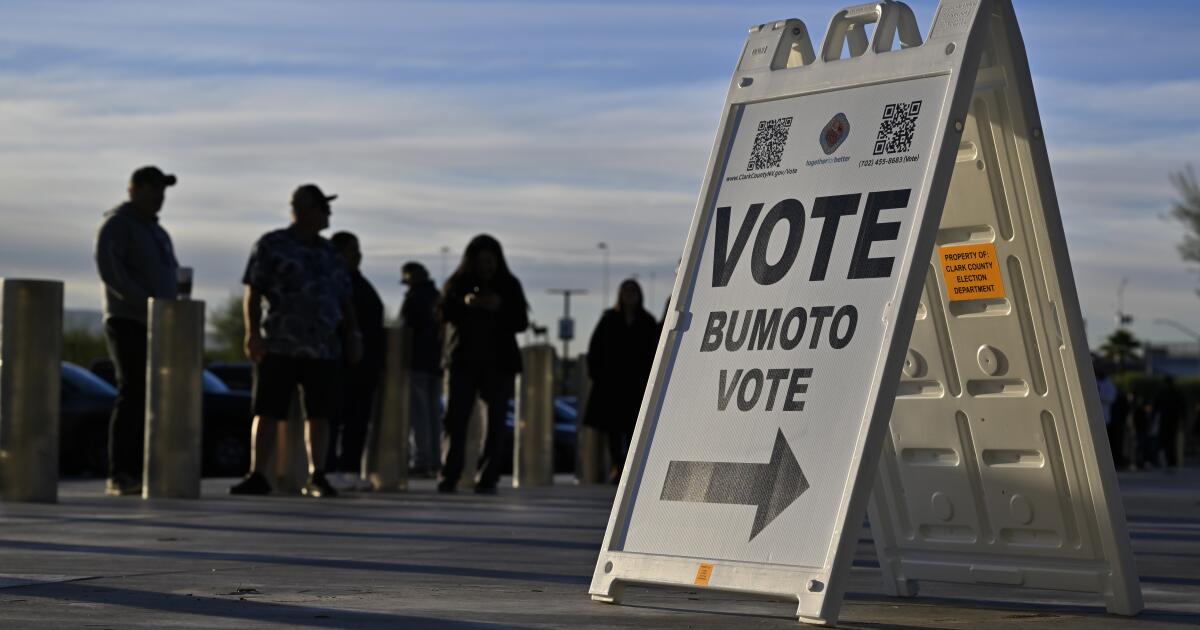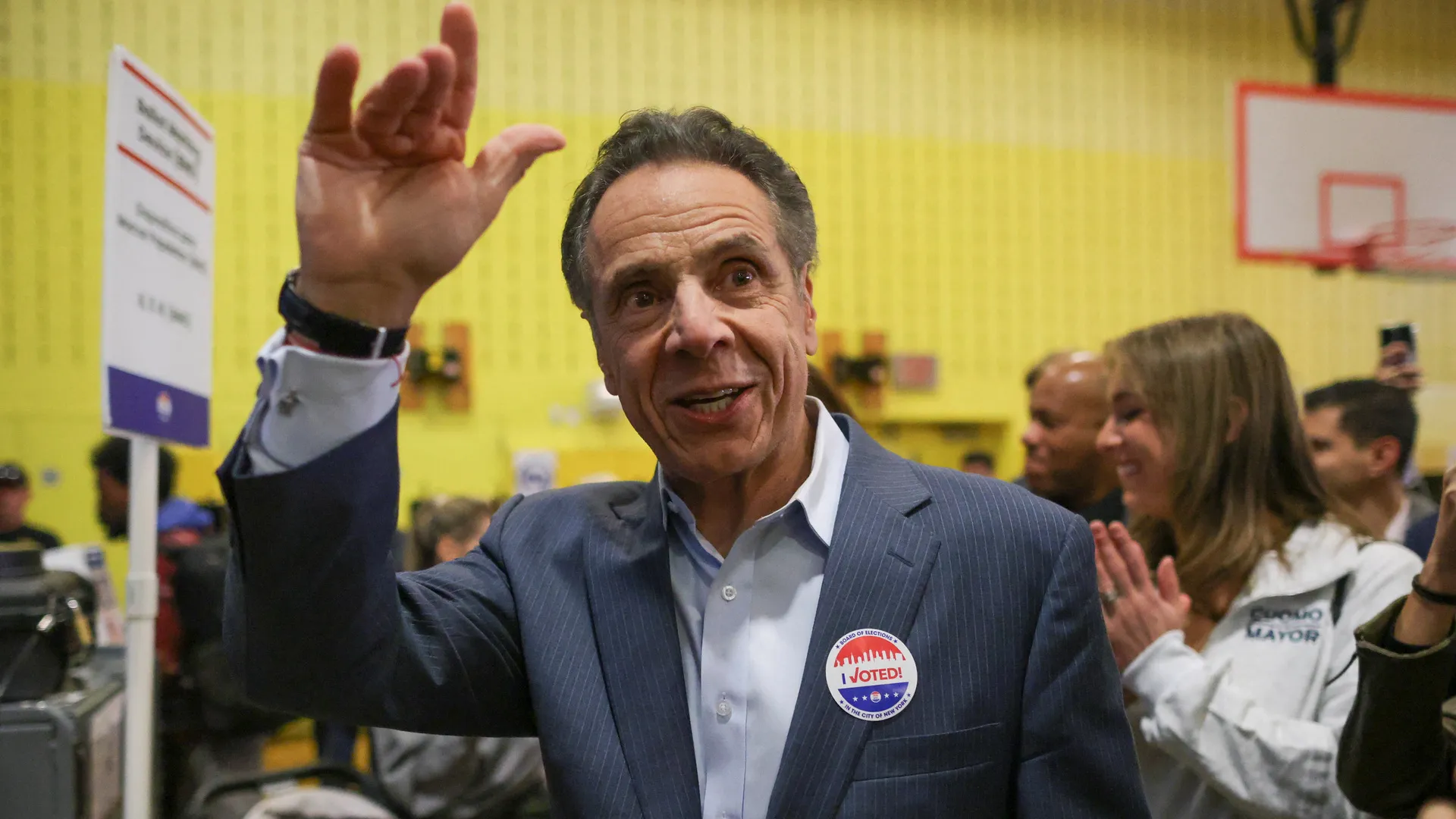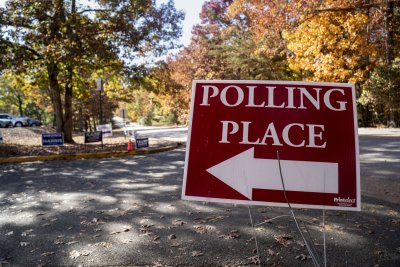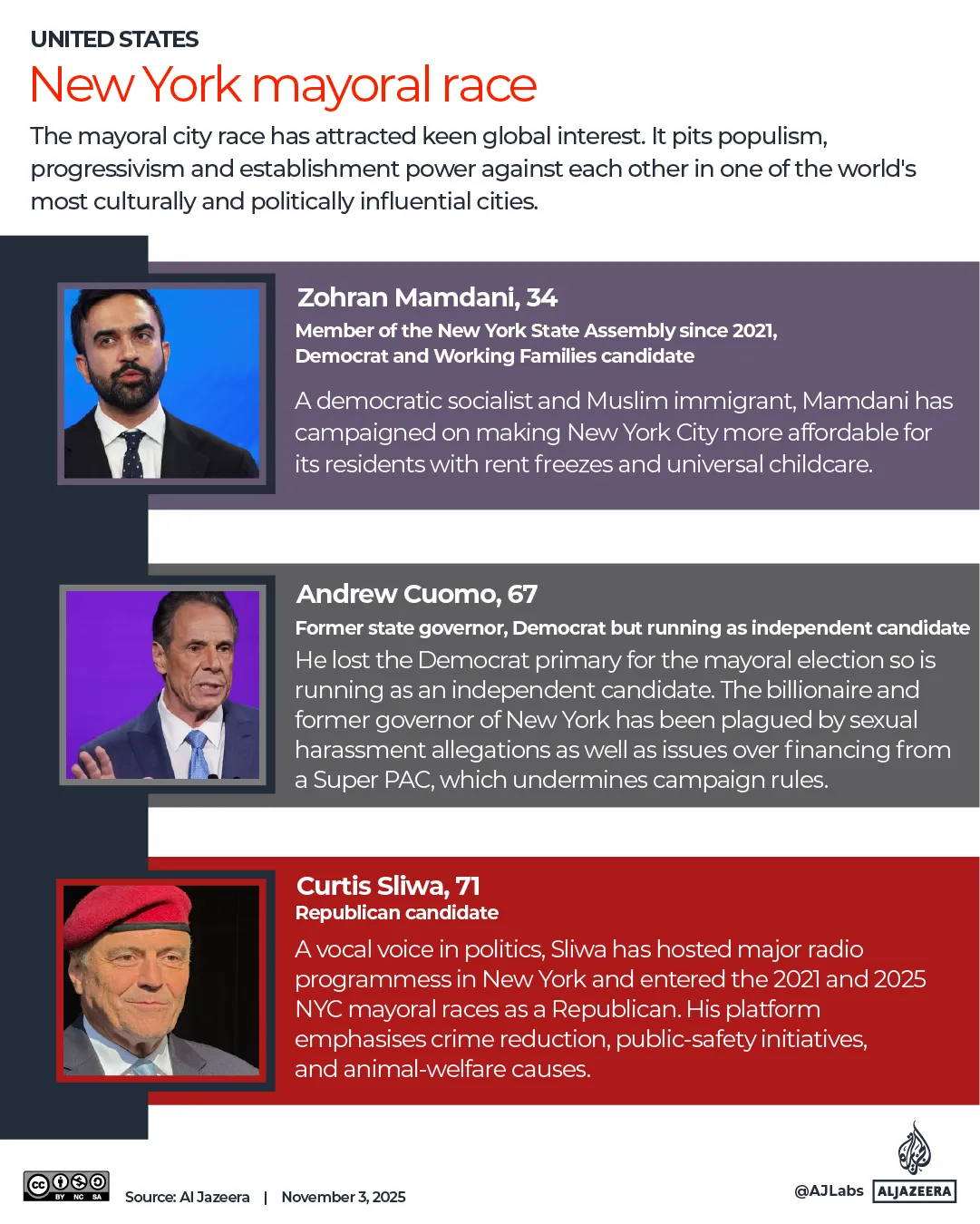Trump pardons Rudy Giuliani and others who backed efforts to overturn his 2020 election loss
WASHINGTON — President Trump has pardoned his former personal lawyer Rudy Giuliani, his onetime chief of staff Mark Meadows and others accused of backing the Republican’s efforts to overturn the 2020 election.
The “full, complete, and unconditional” pardon for dozens of Trump allies are largely symbolic. It applies only to federal crimes, and none of the people named in the proclamation were charged federally over the bid to subvert the election won by Democrat Joe Biden. It doesn’t affect state charges, though state prosecutions stemming from the 2020 election have hit a dead end or are just limping along.
The move, however, underscores Trump’s continued efforts to promote the idea that the 2020 election was stolen from him even though courts around the country and Trump’s own attorney general at the time found no evidence of fraud that could have affected the outcome. Reviews, recounts and audits of the election in the battleground states where Trump contested his loss also affirmed Biden’s victory.
Trump’s recent action follows the sweeping pardons of the hundreds of Trump supporters charged in the Jan. 6, 2021, riot at the U.S. Capitol, including those convicted of attacking law enforcement.
Ed Martin, the Department of Justice’s point person on pardons and a former lawyer for the Jan. 6 defendants, linked his announcement of the pardons to a post on X that read “No MAGA left behind.”
Dozens of Trump allies received pardons
Among those also pardoned were Sidney Powell, an attorney who promoted baseless conspiracy theories about a stolen election, John Eastman, another lawyer who pushed a plan to keep Trump in power, and Jeffrey Clark, a former Justice Department official who championed Trump’s efforts to challenge his election loss.
Also named were Republicans who acted as fake electors for Trump and were charged in state cases accusing them of submitting false certificates that confirmed they were legitimate electors despite Biden’s victory in those states.
The proclamation explicitly says the pardon does not apply to the president himself, who has continued to repeat the lie that the 2020 election was stolen from him, used that falsehood to argue for sweeping changes in the way the country votes and demanded his Department of Justice investigate the vote count that led to his loss.
The pardon described efforts to prosecute the Trump allies as “a grave national injustice perpetrated on the American people” and said the pardons were designed to continue “the process of national reconciliation.” Giuliani and others have denied any wrongdoing, arguing they were simply challenging an election they believed was tainted by fraud.
“These great Americans were persecuted and put through hell by the Biden Administration for challenging an election, which is the cornerstone of democracy,” White House press secretary Karoline Leavitt said in an emailed statement.
Those pardoned were not prosecuted by the Biden administration, however. They were charged only by state prosecutors who operate separately from the Justice Department.
An Associated Press investigation after the 2020 election found 475 cases of potential voter fraud across the six battleground states, far too few to change the outcome.
Impact of the pardons is limited
Giuliani, a former New York City mayor, was one of the most vocal supporters of Trump’s unsubstantiated claims of large-scale voter fraud after the 2020 election. He also is an example of the limited impact of the pardons.
Giuliani has been disbarred in Washington, D.C., and New York over his advocacy of Trump’s bogus election claims and lost a $148-million defamation case brought by two former Georgia election workers whose lives were upended by conspiracy theories he pushed. Since pardons only absolve people from legal responsibility for federal crimes, they’re unlikely to ease Giuliani’s legal woes.
Ted Goodman, a spokesperson for Giuliani, said the former mayor “never sought a pardon but is deeply grateful for President Trump’s decision.”
“Mayor Rudy Giuliani stands by his work following the 2020 presidential election, when he responded to the legitimate concerns of thousands of everyday Americans,” Goodman said in an emailed statement.
While the pardons may have no immediate legal impact, experts warned they send a dangerous message for future elections.
“It is a complete abdication of the responsibility of the federal government to ensure we don’t have future attempts to overturn elections,” said Rick Hasen, a UCLA law professor. “Ultimately, the message it sends is, ‘We’ll take care of you when the time comes.’”
Some pardoned were co-conspirators in Trump’s federal case
Trump himself was indicted on federal felony charges accusing him of working to overturn his 2020 election defeat, but the case brought by Justice Department special counsel Jack Smith was abandoned in November after Trump’s victory over Democrat Kamala Harris because of the department’s policy against prosecuting sitting presidents. Giuliani, Powell, Eastman and Clark were alleged co-conspirators in the federal case brought against Trump but were never charged with federal crimes.
Giuliani, Meadows and others named in the proclamation had been charged by prosecutors in Georgia, Arizona, Michigan, Nevada and Wisconsin over the 2020 election, but the cases have repeatedly hit roadblocks or have been dismissed. A judge in September dismissed the Michigan case against 15 Republicans accused of attempting to falsely certify Trump as the winner of the election in that battleground state.
Eastman, a former dean of Chapman University Fowler School of Law in Southern California, was a close adviser to Trump in the wake of the 2020 election and wrote a memo laying out steps Vice President Mike Pence could take to stop the counting of electoral votes while presiding over Congress’ joint session on Jan. 6 to keep Trump in office.
Clark, who is now overseeing a federal regulatory office, also is facing possible disbarment in Washington over his advocacy of Trump’s claims. Clark clashed with Justice Department superiors over a letter he drafted after the 2020 election that said the department was investigating “various irregularities” and had identified “significant concerns” that may have affected the election in Georgia and other states.
Clark said in a social media post Monday that he “did nothing wrong” and “shouldn’t have had to battle this witch hunt for 4+ years.”
Richer writes for the Associated Press. AP reporter Nicholas Riccardi in Denver contributed to this report.





























